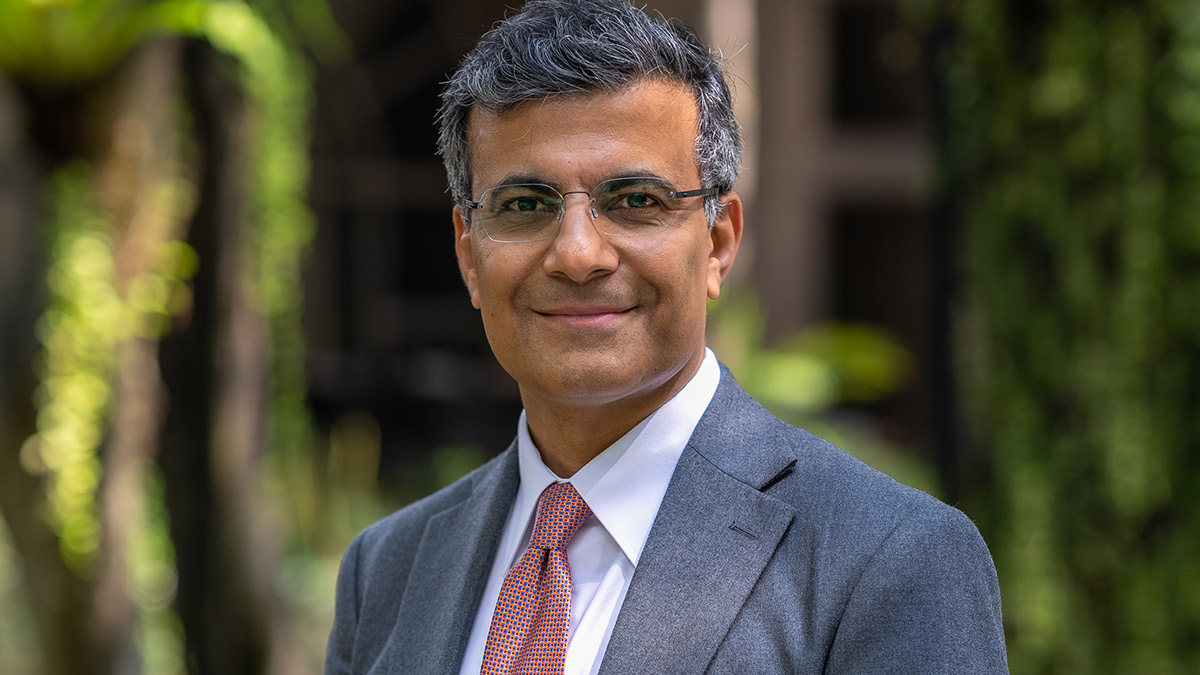The Asian Development Bank (ADB) on Tuesday announced a $500 million policy-based loan meant to further support the Philippines in addressing the effects of climate change.
In a statement, the Manila-based multilateral lender said the loan would help its host country implement its nationally determined contribution (NDC), the government’s commitment to help advance global efforts to stabilize the world’s climate under the Paris deal.
Under its NDC, the Philippines aims to cut greenhouse gas emissions and scale up adaptation.
READ: ADB prepares $500-M policy loan to boost PH fiscal modernization
The new ADB financing—which will carry a concessional rate and better terms for the borrower compared with those that come with commercial loans—will add to the government’s debt stock that was pegged at a record-high of P15.89 trillion as of end-September.
The lender said the new climate loan for the Philippines will have a 15-year term, including a three-year grace period. It will have an interest rate in accordance with ADB’s Flexible Loan Product and a commitment charge of 0.15 percent annually.
“Climate change is exacerbating all major development challenges in the Philippines. The country’s high vulnerability impacts its economic momentum and outlook,” said ADB Philippines country director Pavit Ramachandran.
According to the World Risk Index 2022–2024, the Philippines faces the highest disaster risk in the world.
In recent weeks, four strong typhoons impacted the Philippines one after the other, highlighting vulnerability to increased frequency and intensity of extreme weather events. Economic damages from climate-related disasters could be as high as 7.6 percent of gross domestic product by 2030, the ADB said.
“This program is part of our commitment to help our host country avert economic damages from future climate change impact, mobilize green investment, and transform its economy,” Ramachandran added.
The fresh ADB loan was prepared jointly with the Agence Française de Développement, which is providing cofinancing of $278.3 million. INQ
